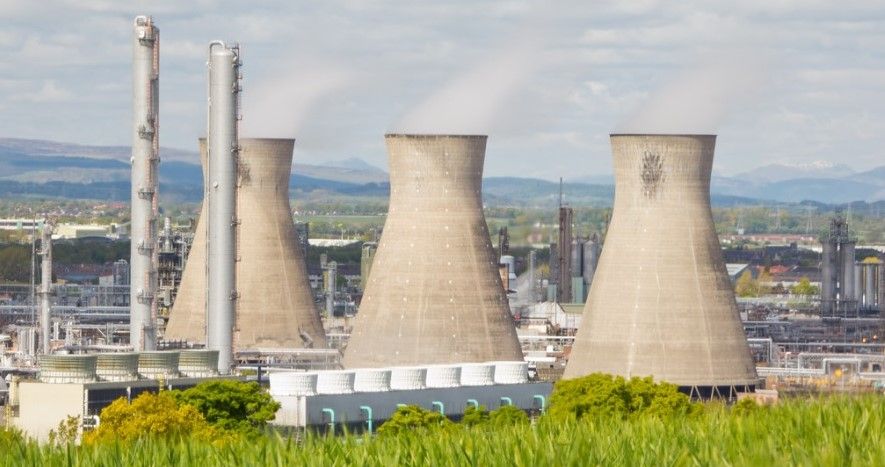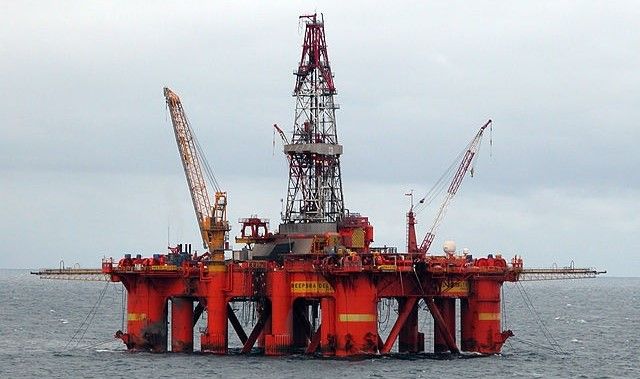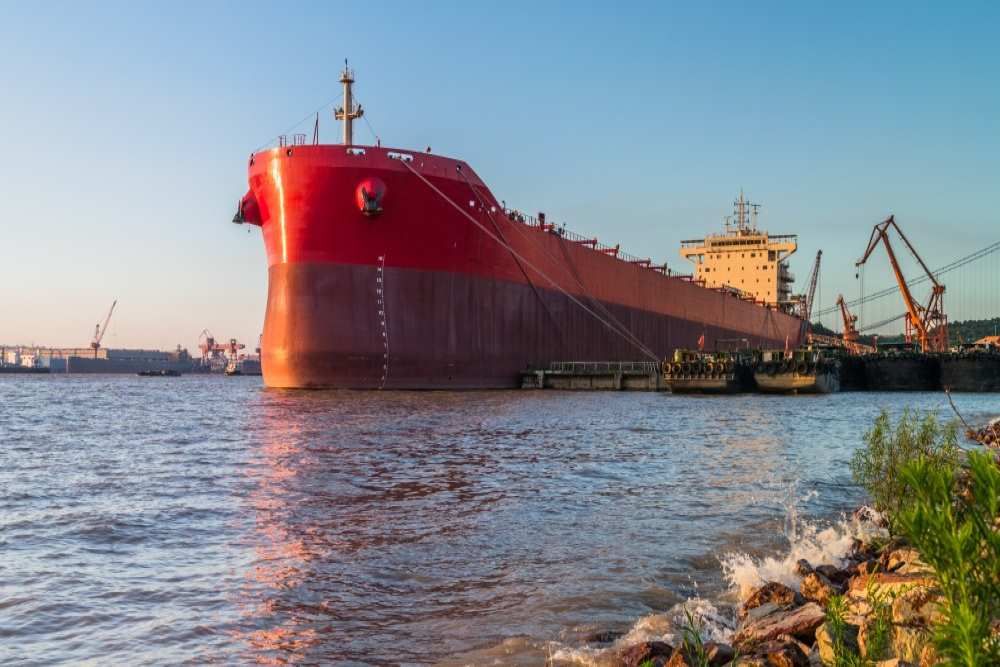With the lights being turned off at another British chemical manufacturing facility there are fears that it may be one of the final nails in the coffin of a once great economic production hub.
“We are witnessing the extinction of one of our major industries as chemical manufacture has the life squeezed out of it,” declared Ineos boss Sir Jim Ratcliffe as he announced the closure of the synthetic ethanol plant at Grangemouth.
While most of the workers will find other roles across the chemicals complex, meaning that only eighty jobs will be lost, the decision is part of the ongoing bad news for the UK’s chemical sector. It follows last year’s announcement by Petroineos that it would close its Grangemouth oil refinery in the second quarter of 2025, despite only recently setting up a joint venture between PetroChina and Ineos. That closure will result in the loss of 400 jobs.

The Grangemouth ethanol facility was one of only two in Europe and operated as a vital supplier for the production of many pharmaceutical products yet was still deemed economically unviable.
According to a report in the Northern Scot newspaper, “[The facility] had the capacity to produce 226 million litres per year – the equivalent to filling 90 Olympic-size swimming pools – but Ineos said the UK chemicals industry, like other energy intensive industries, was struggling to be competitive in the global market.”
As part of the closure statement, the company explained how UK energy prices had doubled in the last five years, resulting in the shuttering of ten large British chemical plants in that time while no plans had been announced for any new facilities ‘for a generation.’
Instead, chemical companies are leaving the UK to places with lower taxes, no carbon reduction schemes and cheaper energy (five times lower in the US than the UK according to Ineos) and easily accessible raw material feedstocks.
“The rest of the world has understood that we will need oil and gas for the next 30 years and is incentivising production through sensible taxation,” said Sir Jim. “The UK is doing the opposite and seems intent on rapidly destroying North Sea production through a mixture of negative comments and punitive windfall taxes.”

Sir Jim was also highly critical of UK government policy towards the emissions produced by the chemical sector. While Ineos claims to have halved the carbon emissions at Grangemouth over the last twenty years, to move further towards NetZero would require unsustainable levels of investment. Meanwhile, energy imports were further hampering production.
“The UK’s total lack of an energy policy is completely irresponsible,” added Sir Jim. “Whilst the rest of the world is encouraging local oil and gas production, the UK seems intent on destroying it through high taxes and disincentives, making us totally reliant on overseas supplies and losing billions in potential revenue.”
Instead of forcing eco-policy on chemical producers, he believes that the UK government should assist in providing natural gas and hydrogen at globally competitive prices.
“De-industrialising Britain achieves nothing for the environment,” said Sir Jim. “It merely shifts production and emissions elsewhere.”

The government in London was quick to shift the blame onto more localised Scottish management of the chemical industry.
“This is yet another example of the failure of Scotland’s two governments to have had a credible industrial strategy over the past 14 years,” said a UK Government spokesperson. “That is why the UK Government is developing an industrial strategy that works for Scotland and the whole of the UK, but that comes after over a decade where Scotland’s industries had no joined-up plan for growth.”
Related articles: China’s Dirty Industry: Coal to Chemicals or The Chemical Industry 20, 40, 60 Years from Now
In response, a Scottish Government spokesperson said: “As set out in our Draft Grangemouth Just Transition plan, the Scottish Government is committed to securing a long term and sustainable future for the Grangemouth industrial cluster including for Ineos’ petrochemicals business.”
However, the UK chemical industry is suffering from more than just high energy prices and a lack of government investment and planning, with economic pressures, regulatory shifts, global competition, and technological transformations all playing a role in the chemical sector’s decline.
One of the most immediate challenges is the UK’s exit from the European Union, commonly referred to as Brexit, for which Sir Jim was a very vocal supporter.
The departure from the EU has introduced complexities in trade, regulatory compliance, and supply chains. Prior to Brexit, the UK chemical industry benefitted from being part of the EU’s single market, which allowed for seamless trade of goods, including chemicals, across borders.

Post-Brexit, however, the chemical industry faces increased costs and delays due to the need for additional documentation, customs checks, and border controls. This disruption affects the efficiency of supply chains, particularly for raw materials, and increases the cost of doing business. Moreover, changes to regulations such as the REACH (Registration, Evaluation, Authorisation and Restriction of Chemicals) framework, which was previously harmonized across the EU, now require the UK to develop and maintain separate chemical safety standards and regulatory processes, leading to additional costs for businesses.
When combined with ambitious carbon emission targets, high energy prices, and unreliable raw material supplies, these factors add up to create a toxic environment for business in the chemical industry.
Whether it is enough to become an extinction event only time will tell. But unless drastic changes are made in the support mechanism for the UK chemical industry, the chemical feedstock supply issues, the regulatory framework, or the cost of energy, there will certainly be more dark days ahead for chemical business in Grangemouth and elsewhere across the British Isles.
Photo credit: fanjianhua on Freepik, Wikimedia, Flickr, Flickr, & Flickr